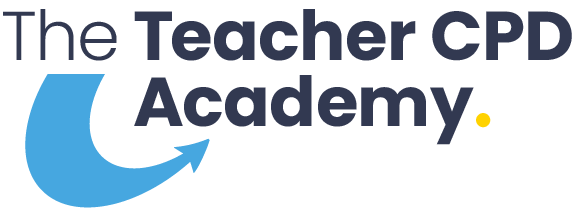ORACY FOR LEARNING
Expert Insights.
Bite-size interviews from Oracy for Learning experts to dig deeper into what you've learnt and how to apply it to your teaching practice.
Watch Expert Insights
DYLAN WILIAM
Think, Pair, Share: Don't skimp on the think
Dylan explores the Think–Pair–Share technique, emphasising the importance of not rushing the “Think” phase.
Watch here
Watch here
LUCY LOWDE
Why is Oracy becoming increasingly popular in education?
Lucy reflects on the increased interest in Oracy and how it can be a tool for empowering students to become confident and effective communicators.
Watch here
Watch here
LUCY LOWDE
What is the relationship between Oracy and Literacy?
Lucy discusses the interconnection between oral communication and reading and writing skills.
Watch here
Watch here
LUCY LOWDE
How to implement Oracy in schools and colleges
Lucy offers practical tips for effectively integrating Oracy in the classroom and across schools and colleges.
Watch here
Watch here
RACHEL HIGGINSON
Does Oracy mean learning to talk or learning through talk?
Rachel suggests that Oracy is not just about talking, but includes listening, communication, and collaboration.
Watch here
Watch here
RACHEL HIGGINSON
Using Cold-Calling and Think, Pair, Share for Oracy
Rachel discusses “Cold-Calling” (or inclusive questioning) and "Think, Pair, Share" and their relation to Oracy.
Watch here
Watch here
DR LUKAS MUNDELSEE
Does Think, Pair, Share encourage students to participate in class?
Research suggests the pairing phase plays a vital role in promoting class participation.
Watch here
Watch here
DR LUKAS MUNDELSEE
Do extended Wait Times positively affect student participation?
Extending Wait Times to 10 seconds can enhance students’ ability to process their thoughts and increase voluntary participation.
Watch here
Watch here
DR LUKAS MUNDELSEE
How to improve paired discussion in the classroom
Dr Mundelsee provides ways to optimise communication between partners during Think, Pair, Share.
Watch here
Watch here

Created by InnerDrive, a UK based company delivering high-quality training, based on Cognitive Science research.
Please fill the form in below and we will get back to you as soon as we can. We look forward to hearing from you!
Please fill the form in below and we will get back to you as soon as we can. We look forward to hearing from you!
Please fill the form in below and we will get back to you as soon as we can. We look forward to hearing from you!
Please fill the form in below and we will get back to you as soon as we can. We look forward to hearing from you!
Write your awesome label here.
Cognitive Load Theory
Cognitive Load Theory highlights that all information first has to go through our working memory, which has a limited capacity. Too much information can overload students' brain, which can hinder or even completely halt transfer to their long-term memory – which is where learning happens.
